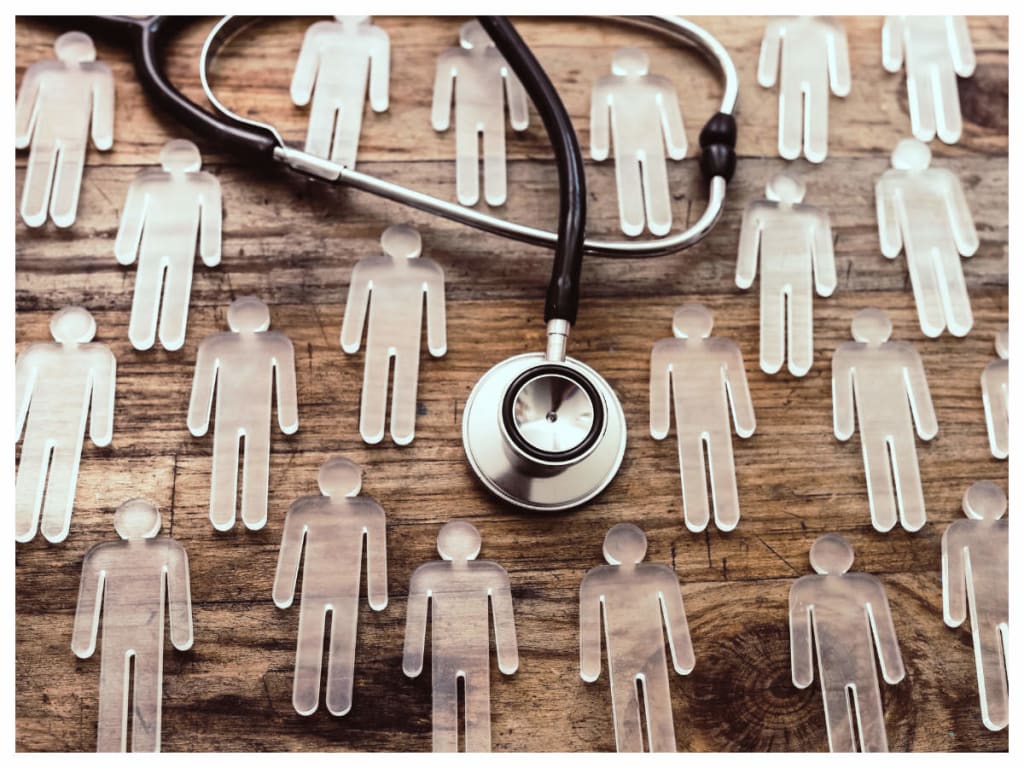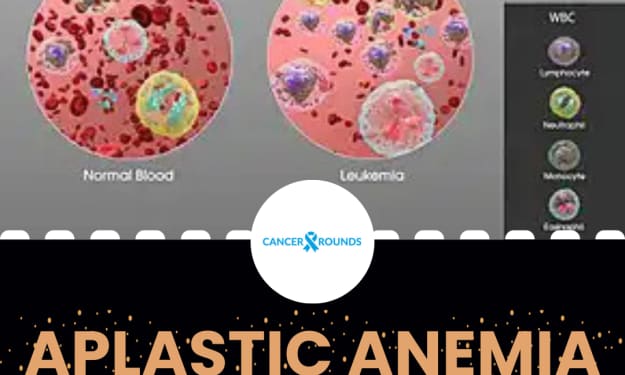7 Common Myths about Cancer that Spread in Society
In this article, we have discussed cancer and the common myth about cancer

What is Cancer?
Cancer is a disease characterized by abnormal cells that divide uncontrollably. Cancerous tumors may develop at any place where cells exist, including glands (endocrine system), connective tissues, blood vessels, lymphatic vessels, and organs. Tumors may remain localized or metastasize via the circulatory system to other parts of the body. The term carcinoma comes from the Greek words karkinos, meaning crabapple tree, and oma, meaning tumor.
The word “cancer” was first mentioned in English writings around 1150 AD. In the 19th century, doctors began using the word “carcinoma” to refer to malignant neoplasms. In 1838, Dr. William Coley coined the term “tumor” to describe the abnormal masses that were observed under a microscope.
There are two types of cancers:
• Solid cancers
• Hematopoietic cancers
Solid cancer starts in a single type of cell, called a normal cell. These cells then multiply out of control until they have formed a mass of tissue. Fortis Hospital says when these cells die and decompose, they leave behind scar tissue, causing physical changes in the area.
Hematopoietic cancer begins in blood-forming cells, known as hematopoietic stem cells. These cells develop into different kinds of blood cells.
Myths about Cancer
1. Cancer is caused by bad genes.
Cancer is not caused by bad genes, it's caused by bad luck. A person may have very good genes and still get cancer due to random chance factors. The only way to avoid getting cancer is to live a healthy lifestyle and take care of yourself. Avoiding tobacco, alcohol, drugs, and poor nutrition are some things you can do to reduce the risk of developing cancer.
2. You can't cure cancer.
There are many different types of cancer treatments out there. Each type of treatment has its own side effects and risks. If you choose to undergo any kind of cancer treatment, make sure you know exactly what you're doing and ask lots of questions before making any decisions.
3. There is no cure for cancer.
Cancer is treatable. There are many different types of treatments available depending on the type of cancer. Surgery, chemotherapy, radiation therapy, and immunotherapy are just a few examples of how people are able to fight back against cancer.
4. Radiation therapy kills cancer cells.
Radiation therapy uses high-energy rays to destroy cancer cells. While they can kill cancer cells, radiation therapy does damage to normal cells as well. This means that while radiation therapy might help reduce the size of a tumor, it could also cause serious problems for your body.
5. Chemotherapy destroys cancer cells.
Chemotherapy works by poisoning cancer cells. Most chemotherapies use chemicals called antineoplastic agents that stop the growth of cancer cells. Unfortunately, these medications often have undesirable side effects.
6. Immunotherapy stimulates the immune system to attack cancer cells.
Immunotherapy is a method of treating cancer where the patient’s own immune system is stimulated to recognize and eliminate cancerous cells. Immunotherapy comes in two forms: vaccines and monoclonal antibodies. Vaccines work by using dead or weakened cancer cells to stimulate the immune system. Monoclonal antibodies attach to certain molecules on the surface of cancer cells and attract white blood cells to the site. These white blood cells then attack the cancer cells.
7. Cannabis oil cures cancer.
Cannabis oil is made from the parts of the marijuana plant that don’t produce psychoactive substances. CBD (cannabidiol) oils are non-psychoactive and safe to consume. However, THC (the chemical responsible for giving users a “high”) cannot be removed from full-spectrum extracts. Full spectrum extracts are considered to be medicinal-grade products that contain both CBD and THC. Studies show that CBD helps treat several types of cancer including brain tumors, breast cancer, leukemia, lymphoma, lung cancer, prostate cancer, skin cancer, and stomach cancer.
You can also read: How to Know If You Have Cancer
About the Creator
Ilham Sheikh
Hello Everyone.
I am Ilham Sheikh and I am pursuing my doctorate. I love to write, Mostly I write on health related niche.






Comments
There are no comments for this story
Be the first to respond and start the conversation.